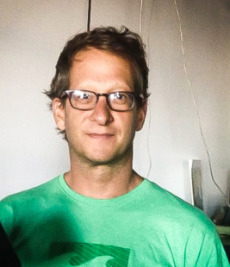
How VR Technology Has Evolved, What's on the Horizon, and How Immersive Experiences Can Change Your World
Founded in 2013 by CEO Morris May, a former VFX artist with credits on Spider-Man 2 and 3 and Star Wars: Episode II, and CMO Ryan Pulliam, a digital media marketing specialist and former associate producer with ESPN, Specular Theory specializes in VR experiences that push the boundaries of the medium. Adapting camera technology to fit each project's storytelling needs, Specular Theory has delivered work including Terminator Genisys: The YouTube Chronicles in 360, which cast viewers in a first-person assault on the YouTube Space in L.A., and a surfing experience for Xister Agency. In 2015 and 2016, Specular Theory went to Sundance in 2015 with "Perspective Chapter 1: The Party," about sexual assault, and returned this year with "Perspective Chapter 2: The Misdemeanor" (pictured, top), about police brutality. Created by May and filmmaker Rose Troche (Go Fish, The Safety of Objects) they are meant to help viewers confront tough social issues from different points of view. StudioDaily talked to May about the evolving state of 360-degree acquisition, what's next in VR technology, and how immersive video can be serious fun — or deadly serious.
StudioDaily: You have a VFX background. What was it that convinced you to focus on VR?
Morris May: I just got bored with traditional movies and VFX. I find it very routine because most of the big challenges have already been met. I tried the first Oculus SDK — and this was before Facebook bought them — and I felt like this was the next medium, with the potential to create new kinds of stories and experiences. And I thought it was an amazing opportunity to be part of that movement, and to re-learn how to do things. It was more of an emotional experience, being inside the content. So I abandoned everything I was doing and started a company to go at it full-bore.
What's it like to be one of the pioneers of a new mode of storytelling? Are new rules for VR grammar emerging, the way we have rules for film grammar?
It's totally the wild west. I recognized early on that there is no real language for it yet. You really have to think through how to tell a story in a meaningful way that also works in VR.
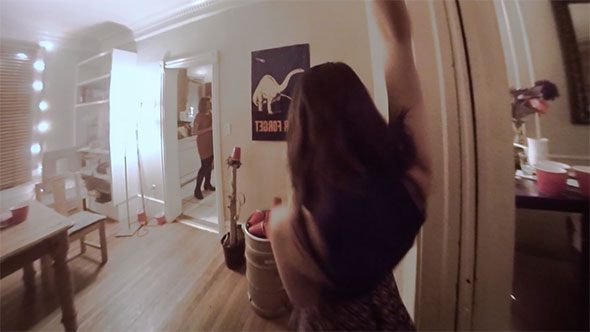
Perspective Chapter 1: The Party
You must have been one of the first filmmakers to show VR ["Perspective Chapter 1: The Party"] at Sundance. What was that like?
It was almost unheard of. I had to build the camera, make a movie, and take it to Sundance. They watched it and they really liked the idea.
Is there any way for people to watch the Perspective series online?
No. We made it for Sundance, and they're designed to be seen in that environment. They are very powerful, emotional pieces. Having a piece about a sexual assault playing back right next to a clip of a hot air balloon or vacationers having fun — that might not be the right audience. We'll eventually release it on our own app, but we want to make sure the audience knows what they're going to be watching.
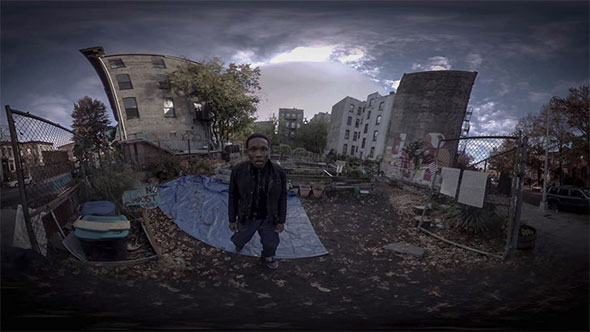
Perspective Chapter 2: Misdemeanor
But some of your other work is available onilne.
Yes. We're doing a project in YouTube Red that's going to be an ongoing series. We're always shooting one project, doing post on one project, and developing something else.
It seems like there's enough of a market for VR that Specular Theory has been able to pick and choose your projects carefully.
So far, yes. As a start-up, we're in the early stages and we've only done work that's really impactful. We make sure each piece really should be in VR and speaks to the quality we're trying to achieve.
It was kind of unexpected to me how quickly VR started to be used for serious documentary-style filmmaking. In the early days VR seemed like a thrill-centered videogame kind of medium, but it turns out that it's also a very effective tool for helping people see events from a different perspective.
That's exactly it — the whole idea of perspective. I designed [the Perspective series] to use VR in a way that only VR could be used. You see a hot-button topic through someone's eyes, and then through someone else's eyes. So you see how different people see the same event in different ways.
I understand that you design your own capture rigs rather than using off-the-shelf designed by others. Is the camera design partly a function of the type of story you're telling? Or is it just that there were no working solutions when Specular Theory started in VR?
There were some over-the-counter solutions, but none of them were really going to work. I wanted to tell it from a first person point of view, so it had to be as seen through someone's eyes. ["Perspective: Chapter 1"] was made through highly modified GoPros. We looked at the story and designed the technology to tell the story. Some of the cameras are so large you couldn't mount them on your head. They all have pros and cons, and there wasn't a camera that did what I wanted to do at that time.
How hard is it to keep up with the latest developments in VR capture?
Every time we shoot something, we feel it's sort of outdated. So we keep tweaking the camera. We'll always be doing that. Someone might come out with a great camera, but you're always trying to increase the quality. We just got the Jump camera from Google. It's all evolving.
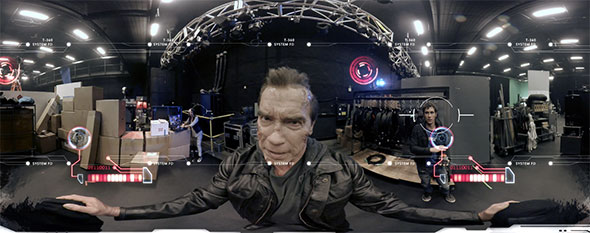
Terminator Genisys: The YouTube Chronicles in 360
Is there anything specific you're frustrated by in the current technology? Some creators say the medium is still being held back by shortcomings like the low resolution of the displays, or narrow fields of view.
I definitely feel that way. Resolution is a big issue. The displays are just cell phone displays. When people start manufacturing customer hardware, that's going to be a big leap forward. But with resolution, the story should be so involving that if people are looking at things like that, you've failed as a filmmaker. In my lifetime, we'll definitely see light-field cameras, which will be a night-and-day difference, exploring the environment in a 3D way. That's down the road, but it will be a huge step forward. You'll see things like adaptive focus. When you look around the room, your eyes focus on different things, but in VR things are always in focus. The next generation of headsets will have eyeball tracking that can adjust the depth of field to compensate for that. But I try not to say, 'It would be great if we had X.' If your story is not evolving in an emotional way you really don't have anything.'
We've heard from DPs that little things can make a big difference in VR, like the height of the camera above the ground. What small things have you found requiring extra attention?
We have a 14-page internal document that we keep as a bible of things we've learned, what works and what doesn't. Camera height? You wouldn't think that would be that much of an issue. But if you're dealing with actors in a scene, a couple of inches is a big difference. If it's a big person you're looking up at, there's a certain way things are established, and it's the same if you're looking down at someone. Distance to camera is a big issue. If someone is too far from the camera, you can't read their emotion. So staging it like a play while using closeups, in a way, to get from scene to scene is a challenge. A lot of the planning is different from a 2D film. If it's not really thought through and planned and block out, you can come back with an unusable product.
Specular Theory: www.speculartheory.com
Did you enjoy this article? Sign up to receive the StudioDaily Fix eletter containing the latest stories, including news, videos, interviews, reviews and more.
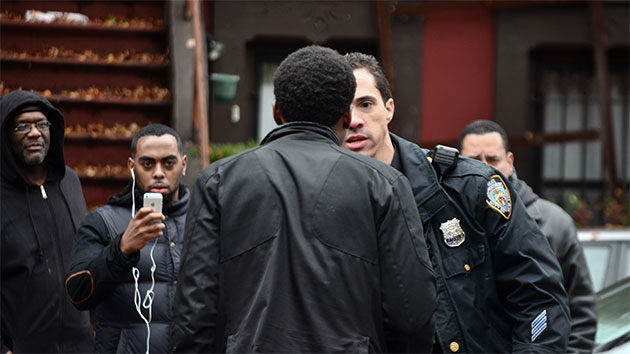
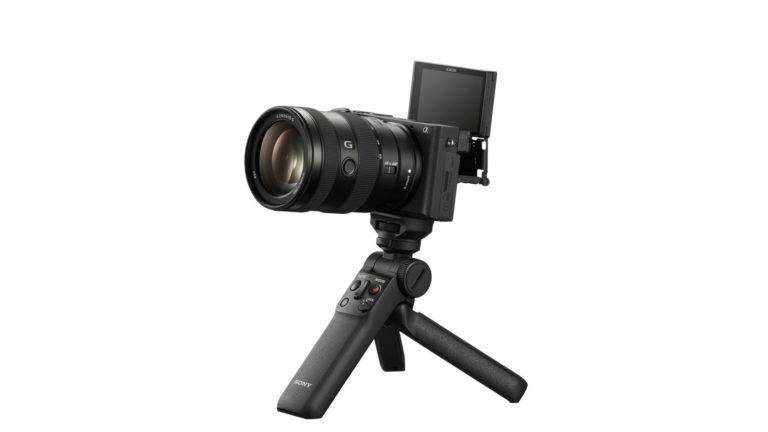

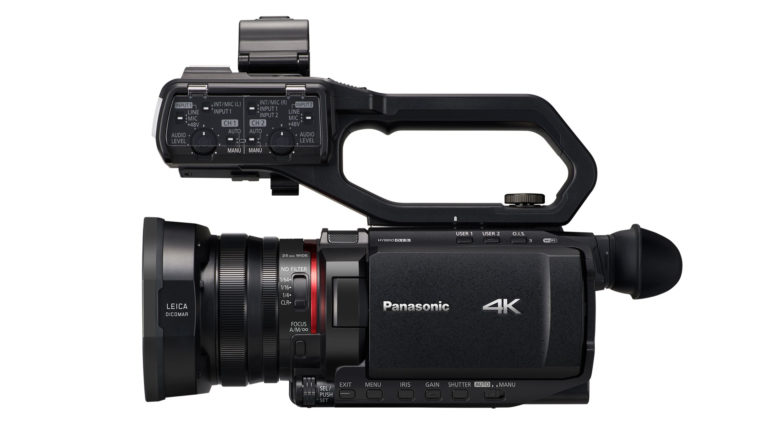





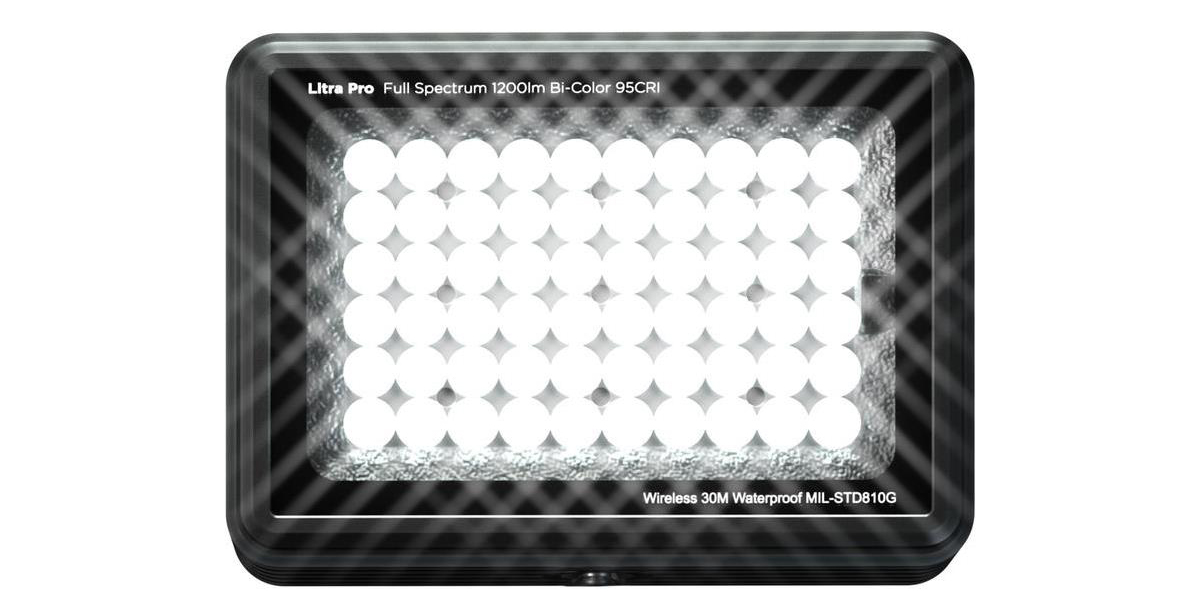
VR movie making is just the next 3D fad/gimmick. Its real application is in a gaming type environment. Virtual tours. Jedi council conferences. But not movies. They are far too fixed to really benefit from 360 beyond the initial fad of something new. I’m glad to see the 3D glut finally waning from theaters.